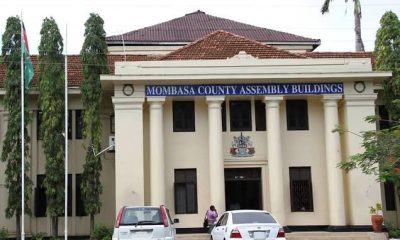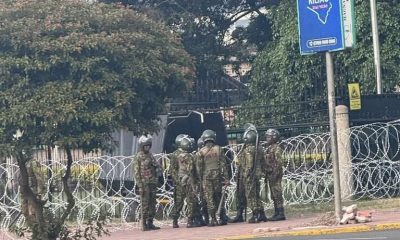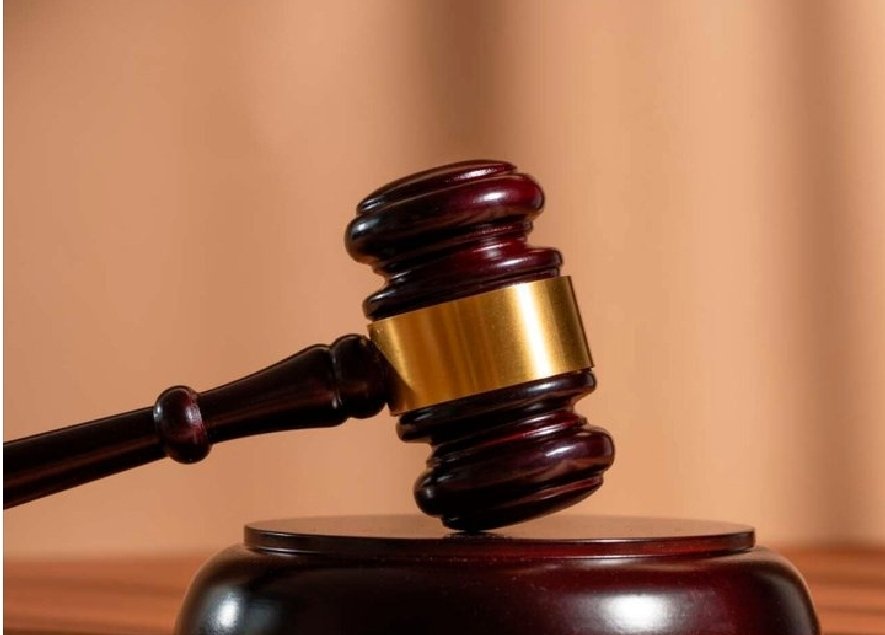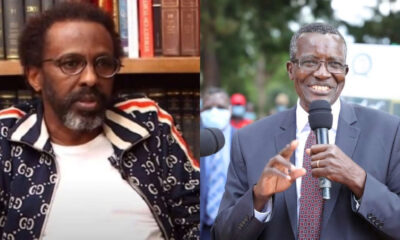SLAPP stands for Strategic Lawsuit Against Public Participation. SLAPPs are lawsuits intended to silence or intimidate critics by burdening them with legal costs and the threat of further litigation.
The primary goal of a SLAPP is not to win the case, but rather to use the legal process itself to inflict financial and emotional strain on the defendant. Defamation suits are a common SLAPP tactic. Why?
Defamation suits are a common SLAPP tactic because:
The burden of proof: the burden of proof in defamation cases often rests on the defendant who has to prove the statements were true, substantially true, or protected as opinion – which can be time-consuming & expensive.
High damage awards in defamation suits can create a chilling effect, making individuals or groups hesitant to speak out on matters of public interest for fear of expensive and lengthy court battles. on matters of public interest for fear of expensive and lengthy court battles.
Defamation-based SLAPPs often target those who engage in public debate, protest, or criticism of powerful individuals or corporations. The goal is to discourage criticism by making it too risky. How can you tell if a defamation suit is a SLAPP?
The plaintiff is often a wealthy individual, corporation, or government entity with greater resources than the defendant. The allegedly defamatory statements address issues of public concern, such as criticizing business practices or government actions.
Courts play a crucial role in protecting free speech and public participation by identifying and dismissing SLAPP suits. These actions not only safeguard individual defendants but also deter future attempts to silence critics through abusive litigation.
A good example of SLAPP is that between Kakuzi and human rights organizations.
In March 2021, Kakuzi Limited took two lobby groups to court seeking to lift the lid on investigations into rape, killings, and abuses in its expansive farm in Makuyu.
Kenya National Human Rights Commission (KHRC) and Ndula Resource Center (NRC) are said to have investigated the alleged atrocities by Kakuzi guards and which led to a case in the United Kingdom against Camellia PLC, Kakuzi’s parent company.
Although Camellia paid Sh696 million as compensation, Kakuzi in its case says that KHRC’s claims on what allegedly transpired is untrue and should be forced to produce the report of its investigations to the police, or before a magistrate.
Kakuzi says in its case filed before the High Court that it wrote to KHRC and NRC demanding that they either report to the authorities or be forced to admit that they had no evidence to support the claims by 85 people and delete an article published in KHRC’s website.
Kenya Insights allows guest blogging, if you want to be published on Kenya’s most authoritative and accurate blog, have an expose, news TIPS, story angles, human interest stories, drop us an email on [email protected] or via Telegram

 Investigations2 weeks ago
Investigations2 weeks ago
 Investigations2 weeks ago
Investigations2 weeks ago
 Investigations2 weeks ago
Investigations2 weeks ago
 Investigations1 week ago
Investigations1 week ago
 Opinion2 weeks ago
Opinion2 weeks ago
 Investigations1 week ago
Investigations1 week ago
 Investigations1 week ago
Investigations1 week ago
 News1 week ago
News1 week ago


























